News
How Agencies Use Programmatic Advertising to Streamline Your Digital Marketing
Effective advertising means not just reaching the right audience but doing so efficiently and at scale. Programmatic advertising has redefined how businesses approach their ad strategies by enabling highly automated and data-driven processes that optimise ad placements in real-time. For brands seeking to elevate their digital presence, agencies have stepped up to harness the potential of programmatic advertising, transforming the way campaigns are planned, executed, and refined.
This article explores how agencies leverage programmatic advertising to streamline digital marketing efforts, ensuring targeted engagement, cost savings, and superior results.
Understanding Programmatic Advertising: An Overview
Programmatic advertising automates the buying and selling of digital ad space, using artificial intelligence (AI) and machine learning (ML) to execute highly targeted and efficient campaigns. Unlike traditional advertising, where ad buys were negotiated between parties, programmatic advertising automates this transaction in milliseconds through real-time bidding (RTB). RTB lets agencies reach audiences with precision by dynamically bidding on ad space based on user data, ensuring the right message reaches the right person at the right time.
By tapping into this advanced approach, agencies have been able to streamline the digital marketing process for clients across a wide array of industries, maximising return on investment (ROI) and minimising wasted spend.
1. Why Agencies Choose Programmatic Advertising
Agencies choose programmatic advertising because it aligns with the fast-paced, data-rich nature of digital marketing today. Here are some of the top reasons why agencies turn to programmatic solutions for ad campaigns:
- Efficiency and Speed: The automation in programmatic advertising removes the need for manual negotiations, allowing agencies to run campaigns at speed and with reduced human intervention.
- Precision Targeting: Programmatic platforms can collect, analyse, and utilise vast amounts of audience data, including demographics, location, browsing history, and behavioural insights, to reach specific target audiences with remarkable accuracy.
- Optimised Ad Spend: By using RTB and other programmatic techniques, agencies can place ads only where they’re likely to perform best, resulting in higher conversion rates and better ROI.
- Flexible and Scalable Campaigns: Programmatic advertising offers a level of flexibility that allows agencies to adjust and scale campaigns quickly based on real-time data insights, ensuring campaigns remain relevant and effective.
2. Programmatic Ad Platforms: A World of Possibilities
Programmatic advertising hinges on sophisticated platforms that serve as marketplaces for buying and selling ad space. Agencies leverage these platforms to execute campaigns that are data-rich and meticulously targeted. Some of the most popular programmatic platforms include Google’s Display & Video 360 (DV360), The Trade Desk, and Amazon DSP.
Each platform offers distinct features that agencies exploit to meet specific campaign objectives:
- Google Display & Video 360 (DV360): Leveraged widely for its integration with the Google ecosystem, DV360 allows agencies to access YouTube, the Google Display Network, and third-party exchanges, providing expansive reach and robust targeting options.
- The Trade Desk: Known for its customisable tools and access to a variety of media channels, The Trade Desk enables agencies to reach audiences on streaming TV, podcasts, and traditional digital platforms with a cohesive, cross-channel strategy.
- Amazon DSP: With access to Amazon’s extensive shopper data, this platform is particularly valuable for agencies working with retail and e-commerce brands, offering unparalleled insights into consumer purchase intent.
These platforms enable agencies to execute campaigns with precision, ensuring that each ad reaches an audience likely to convert, which maximises campaign effectiveness and reduces ad spend.
3. Targeting with Precision: How Programmatic Advertising Finds the Ideal Audience
One of the most transformative aspects of programmatic advertising is its capacity for granular targeting. Agencies use advanced targeting methods to ensure that ads are delivered to audiences who align with the campaign’s goals, driving not only clicks but actual conversions. Here are some of the targeting techniques agencies commonly use:
- Behavioural Targeting: By analysing users’ past online behaviours, agencies can serve ads that are relevant to recent searches, viewed content, or purchase history.
- Contextual Targeting: This approach places ads based on the context of the webpage content, enabling brands to appear in front of audiences actively engaging with relevant topics.
- Location-Based Targeting: Using GPS data and IP targeting, agencies can deliver ads to users in specific geographical locations, a tactic that’s particularly effective for local businesses or events.
- Demographic Targeting: Agencies can refine ad delivery based on demographic factors like age, gender, income, and education level, ensuring the message resonates with the right audience.
Through programmatic platforms, agencies can also create ‘lookalike audiences,’ which target individuals who share similar traits with existing customers, expanding reach to new yet relevant audiences.
4. Automated and Real-Time Optimisation
One of the critical advantages of programmatic advertising is its real-time optimisation capabilities. Agencies use these capabilities to monitor and adjust campaigns dynamically, ensuring optimal performance throughout their run. This iterative approach leads to smarter ad spend and allows for real-time responses to market shifts and consumer behaviour changes.
- A/B Testing and Adaptability: Programmatic platforms allow agencies to conduct A/B tests to determine the most effective ad creatives, messaging, and targeting options. This approach empowers agencies to quickly shift budget and focus to the best-performing elements, maximising ROI.
- Budget Management: Real-time bidding enables agencies to adjust bids based on ad performance, ensuring budget is allocated to placements with the highest return potential.
- Audience Insights: Agencies gain access to detailed audience insights, which provide data on engagement levels, dwell times, click-through rates, and conversion metrics. This data feeds directly back into the optimisation process, allowing for ongoing campaign refinement.
5. Reducing Ad Spend and Increasing Efficiency
Programmatic advertising is often praised for its cost-effectiveness. By automating ad purchases and refining targeting parameters, agencies can reduce wastage significantly, ensuring that ad spend only goes towards audiences likely to generate value. Here’s how agencies make every pound of ad spend count:
- Elimination of Manual Processes: Automation reduces costs associated with the time and manpower traditionally needed for ad placement, freeing agencies to focus on strategic planning and creative development.
- Ad Fraud Prevention: Programmatic platforms utilise advanced algorithms to detect and avoid ad fraud, a significant source of wasted ad spend. This technology ensures that ads are only served to real, engaged users, further enhancing ROI.
- Bid Adjustments Based on Performance: By analysing real-time data, agencies can adjust bids for impressions that are most likely to convert, leading to better results without excessive ad spend.
6. Cross-Channel Integration and Omnichannel Strategies
Modern consumers interact with brands across multiple channels and devices. Programmatic advertising allows agencies to build omnichannel strategies, ensuring a cohesive brand experience that reaches consumers wherever they are in the digital ecosystem.
- Seamless Cross-Device Targeting: Programmatic platforms enable agencies to target users across different devices, including smartphones, desktops, tablets, and connected TVs, creating a seamless brand experience.
- Consistency Across Channels: By integrating programmatic ads across social media, search engines, websites, and streaming services, agencies create unified campaigns that maintain brand consistency and reinforce messaging.
- Improved Customer Journey Mapping: Omnichannel strategies help agencies map the customer journey more accurately, identifying touchpoints that have the most significant impact on conversions.
7. Ensuring Brand Safety and Compliance
Agencies take brand safety seriously, particularly in a digital environment where reputation can be quickly impacted by undesirable ad placements. Programmatic platforms include brand safety features that protect ads from appearing alongside harmful or inappropriate content.
- Contextual Safeguards: Programmatic platforms offer tools that analyse page content to ensure ads are only placed on brand-safe sites, protecting the integrity of the brand.
- Ad Viewability Metrics: Agencies can monitor viewability metrics, ensuring ads are placed where they are likely to be seen, maximising impact and preventing wasted impressions.
- Ad Compliance: In sectors with strict advertising regulations (e.g., healthcare, finance), agencies leverage programmatic tools that ensure ads meet legal requirements, avoiding fines and protecting brand reputation.
8. Reporting and Transparency: Keeping Clients Informed
Transparency is a cornerstone of effective agency-client relationships. Programmatic platforms offer comprehensive reporting tools that provide real-time access to campaign performance metrics, allowing agencies to keep clients informed about progress and results.
- Detailed Reporting: Agencies can generate detailed reports that cover engagement metrics, spend, reach, and conversion rates, offering insights into the efficacy of each campaign component.
- Customisable Dashboards: Many programmatic platforms allow for customisable dashboards that clients can access directly, offering real-time insights and transparency into the agency’s approach and decisions.
- Proactive Adjustments Based on Feedback: Reporting enables agencies to respond quickly to client feedback, allowing for swift adjustments and refinements that align with evolving client objectives.
The Future of Programmatic Advertising with Agencies
As programmatic advertising technology continues to evolve, agencies remain at the forefront, pioneering new ways to maximise ad spend, optimise targeting, and refine campaign performance. By leveraging programmatic ad platforms, agencies can deliver campaigns that reach the right audience, reduce costs, and achieve superior results. This streamlined, automated approach ensures that digital marketing remains agile, data-driven, and highly effective, making programmatic advertising an invaluable tool for brands seeking to make a meaningful impact online.
Whether you’re a small business seeking local reach or a global brand aiming for extensive audience engagement, partnering with an agency that specialises in programmatic advertising could be the game-changer in achieving your digital marketing goals.

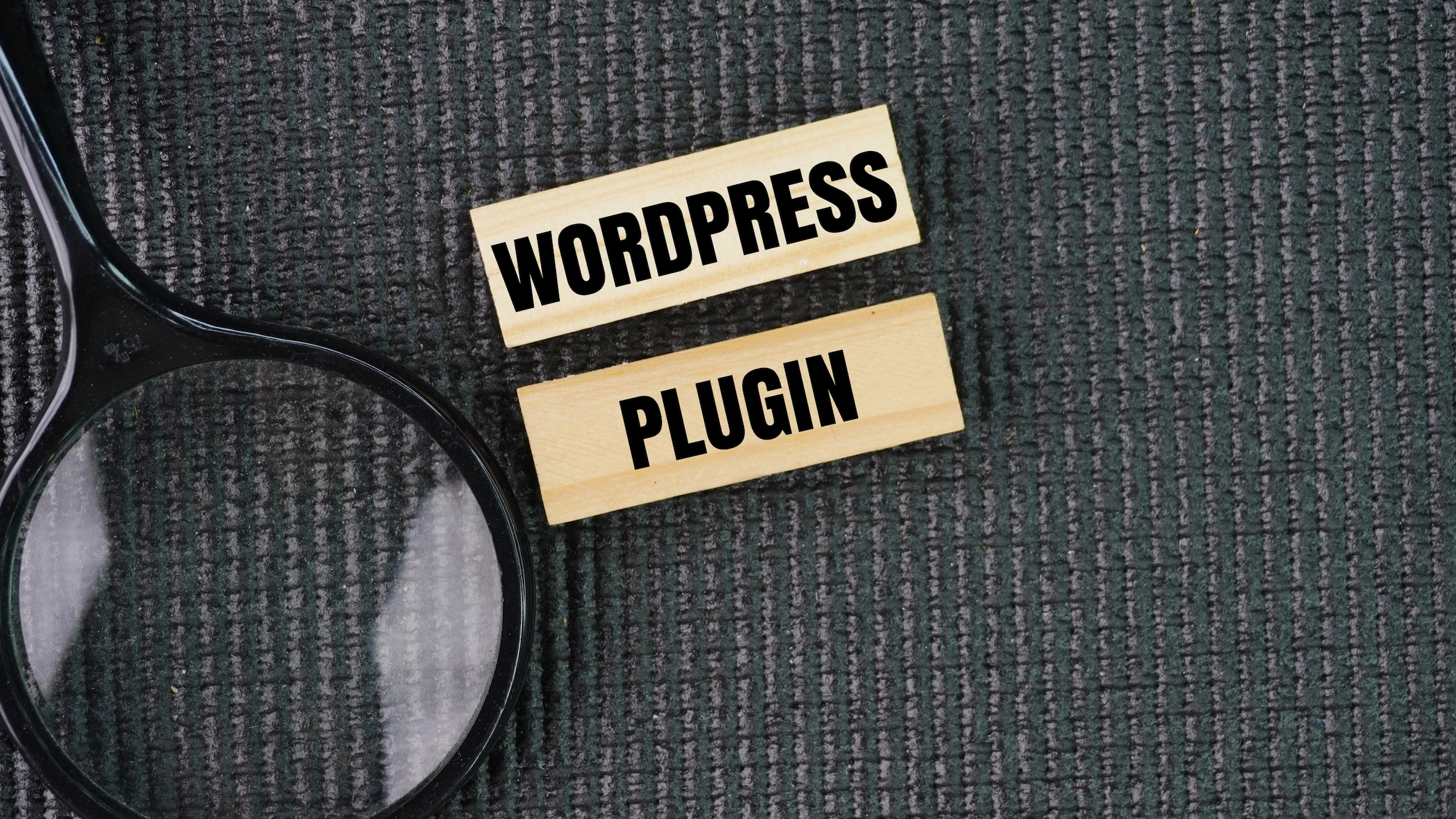


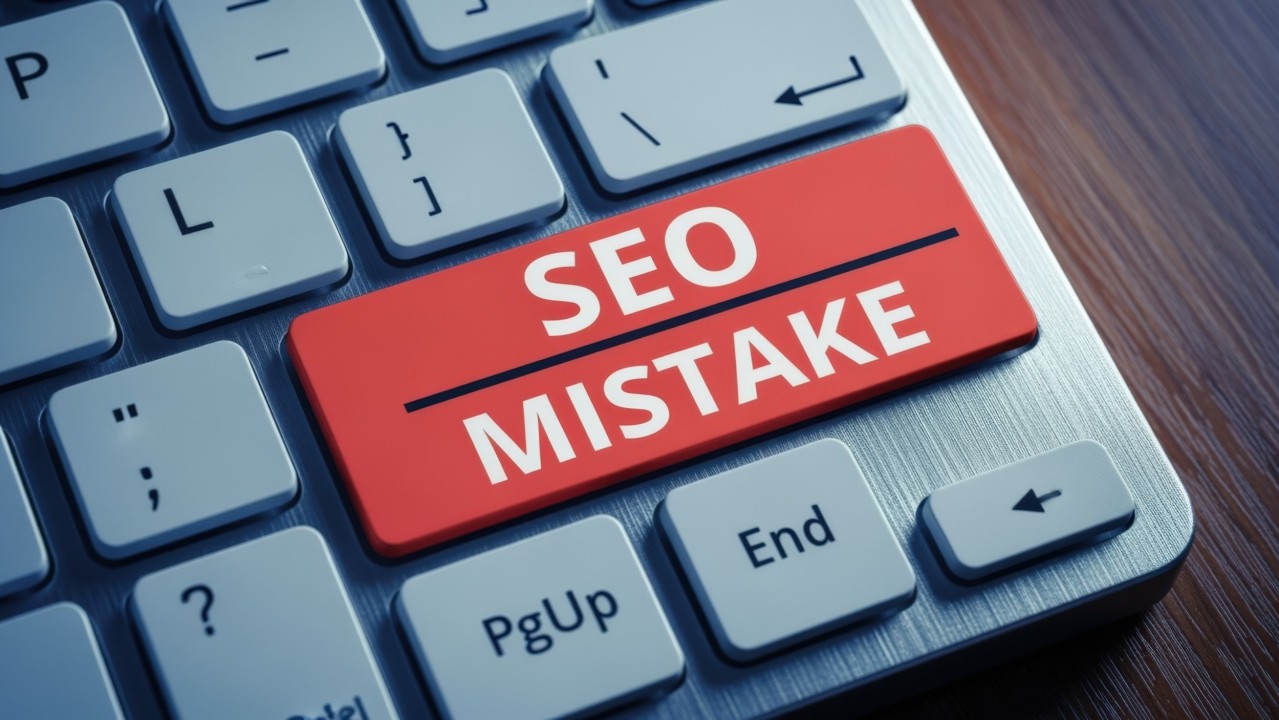
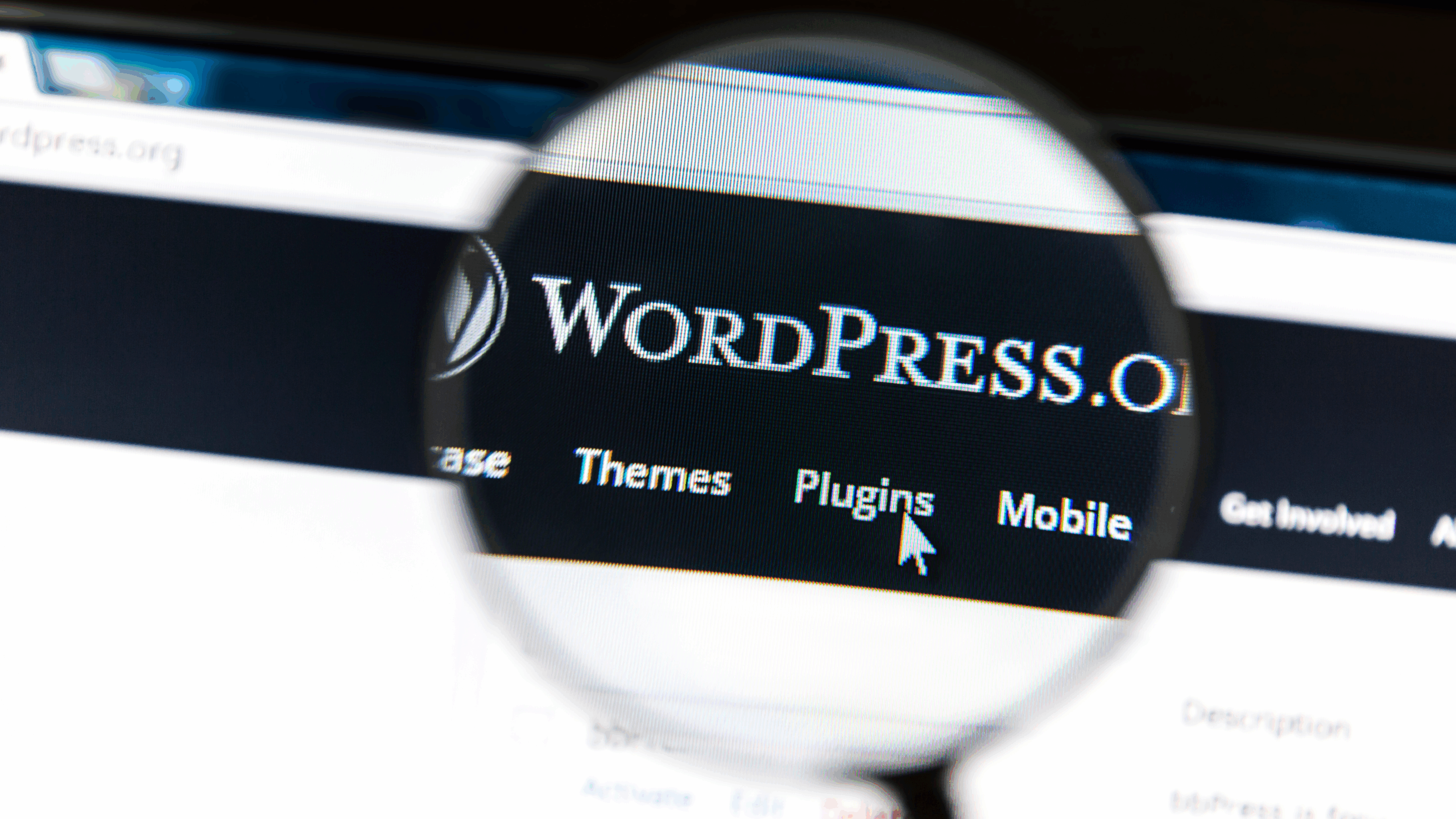


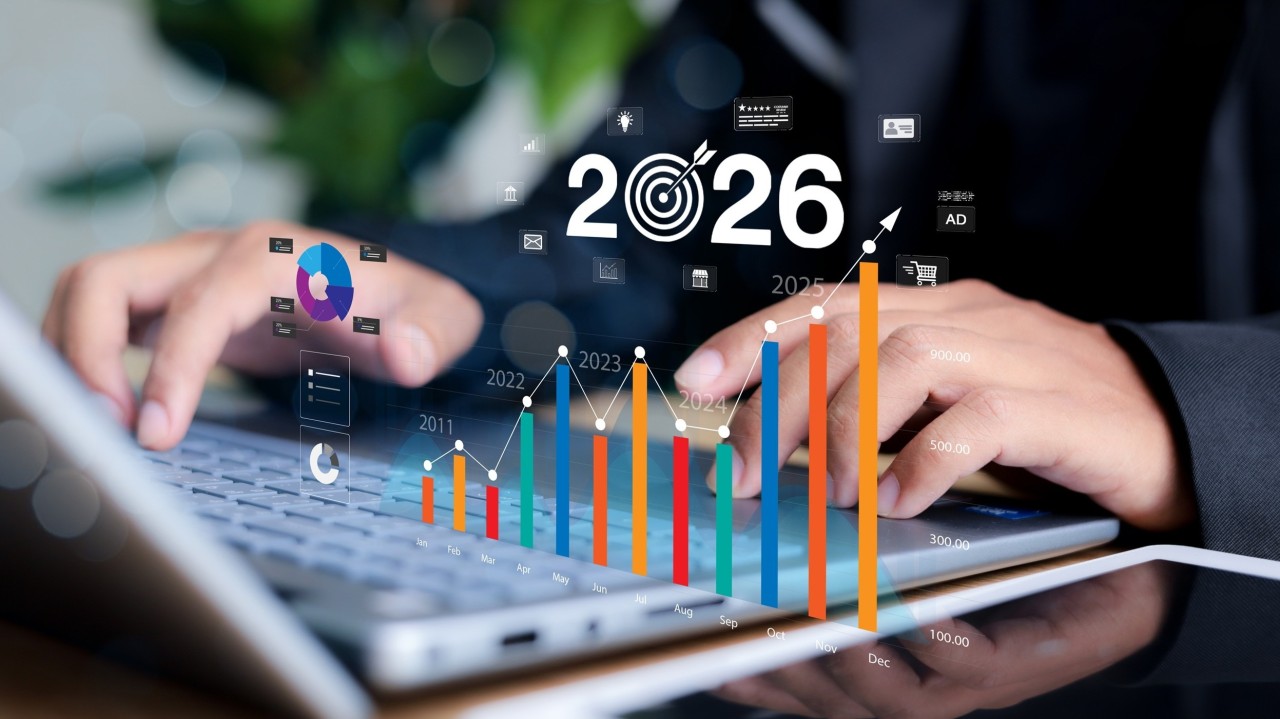
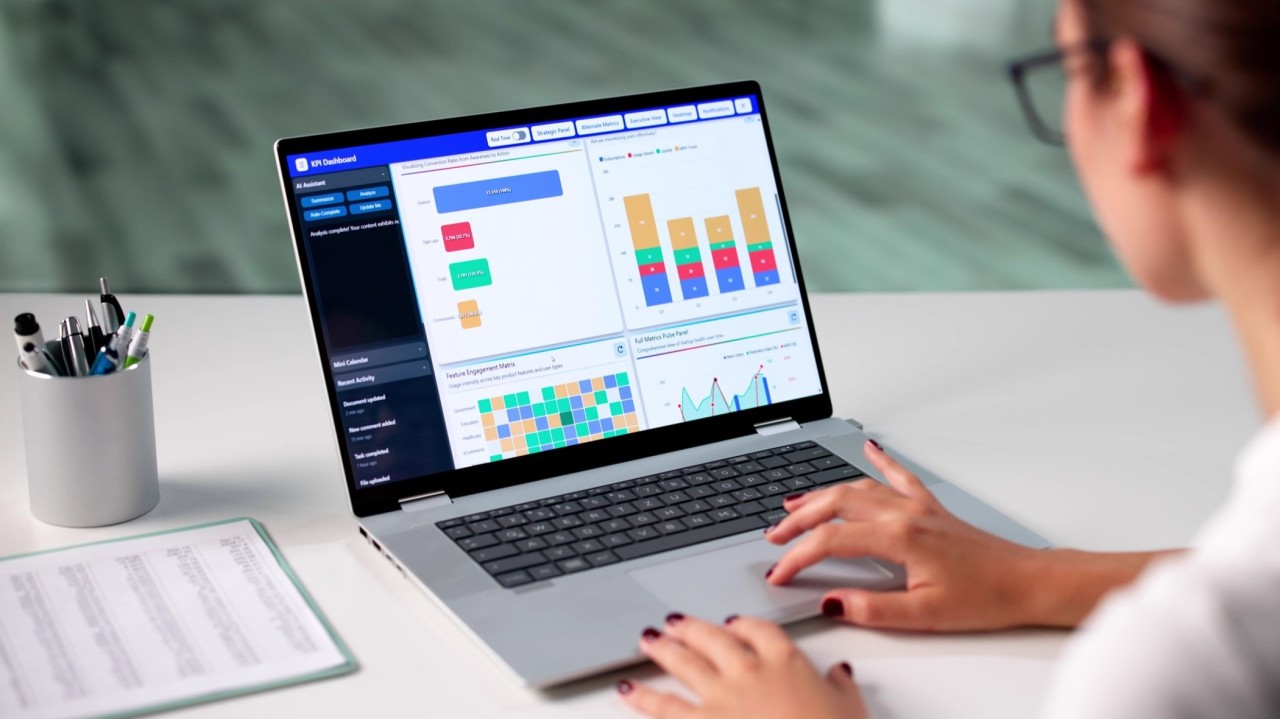
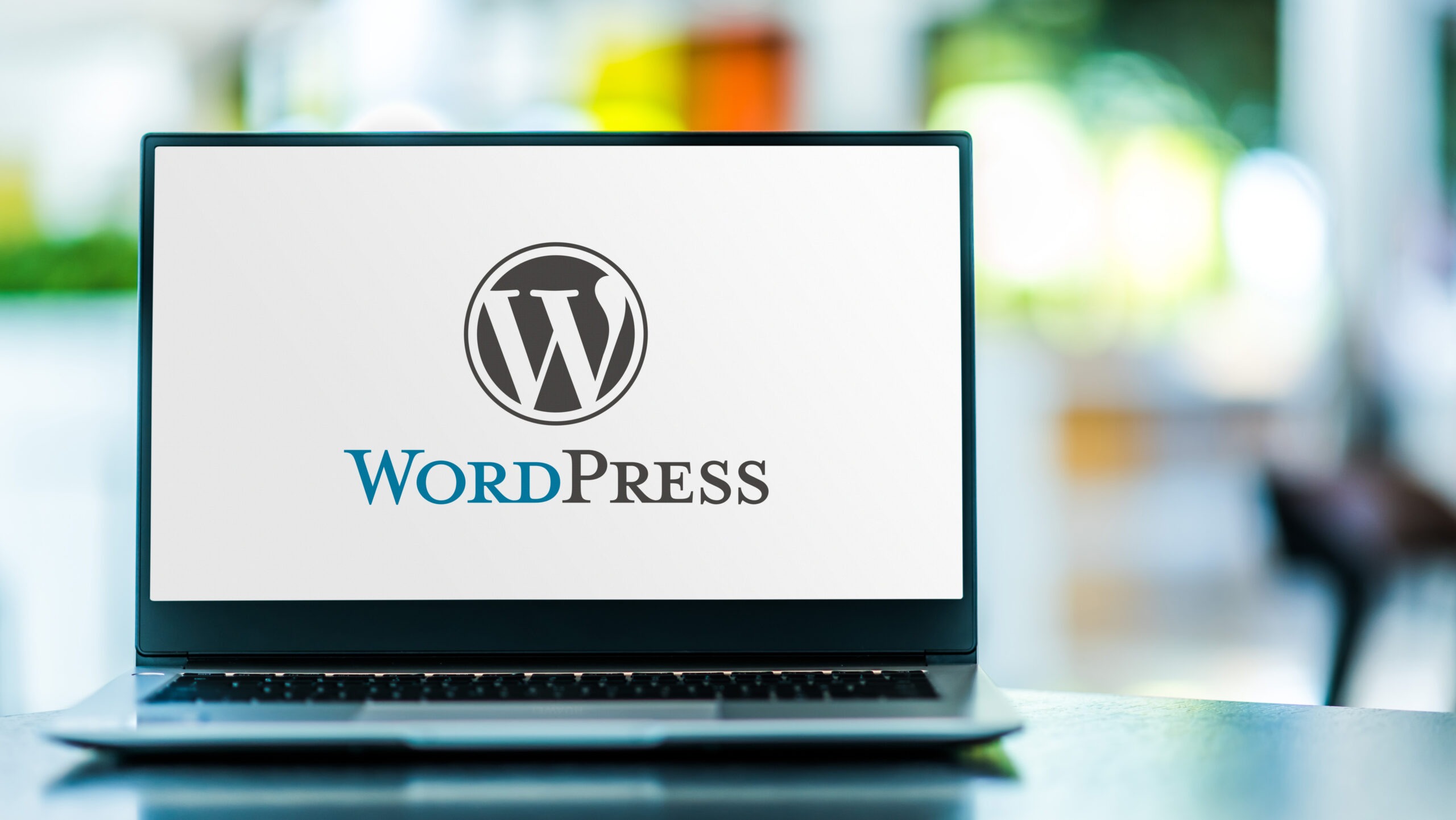

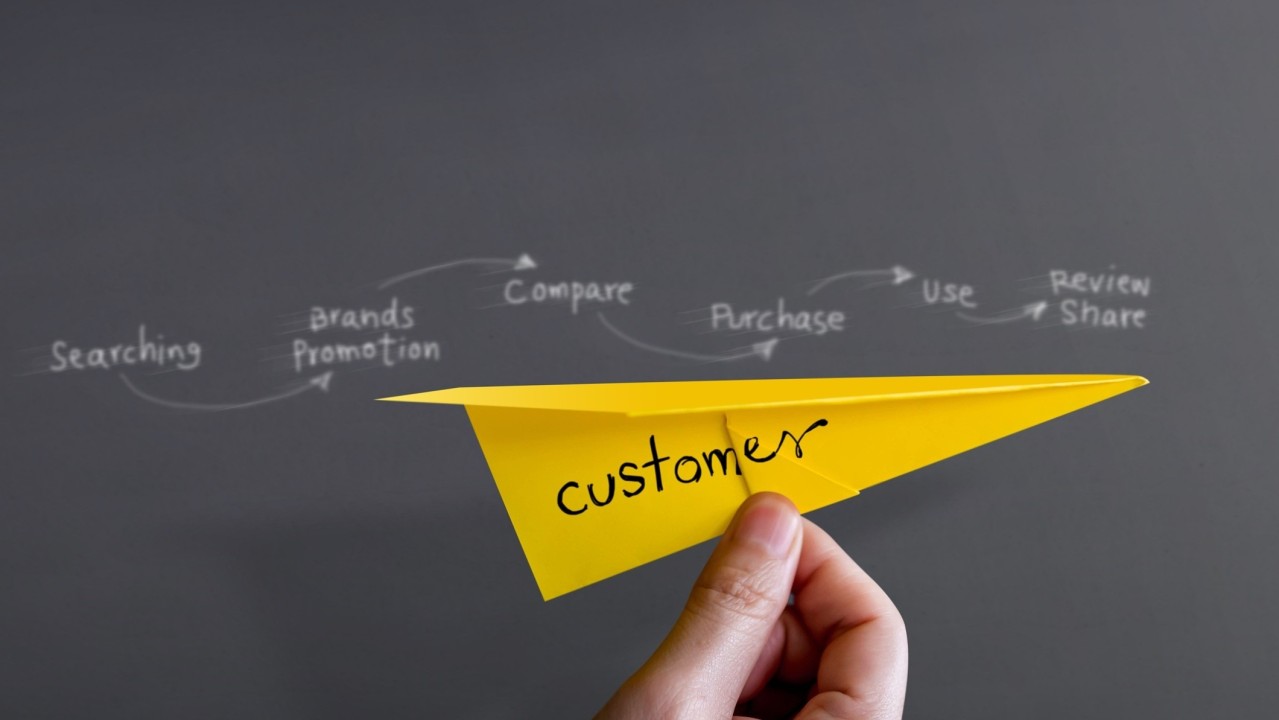



The Ultimate Social Media Guide
With the ever-growing power of social media, we use the latest techniques, video, and animation software to craft eye-catching social media assets that make your brand pop. Our designers, wielding Adobe Creative tools, create distinctive animations and graphics to illuminate your brand story and highlight your products or services. Want a unique design? No problem – we also offer bespoke designs to match your brand aesthetic.